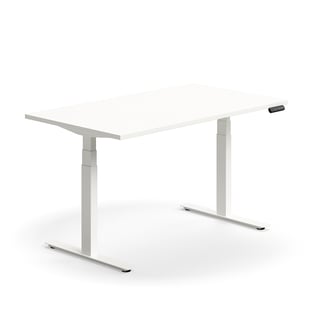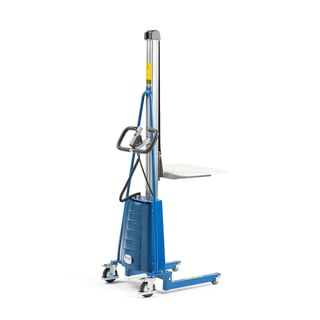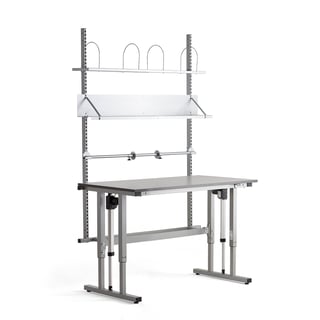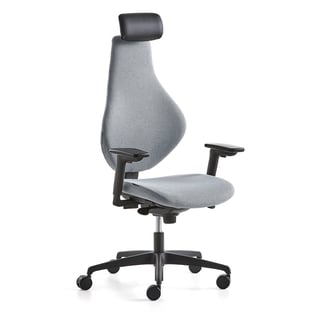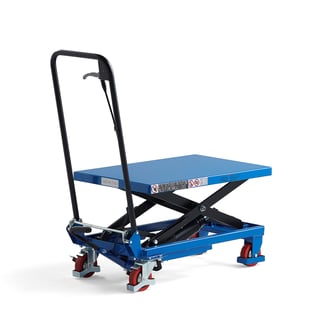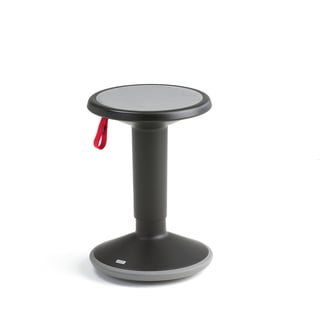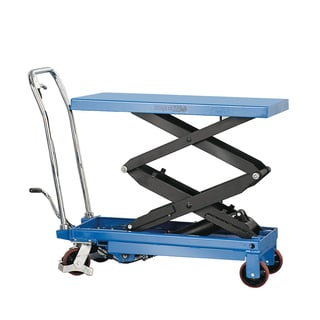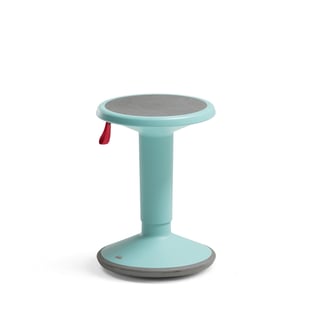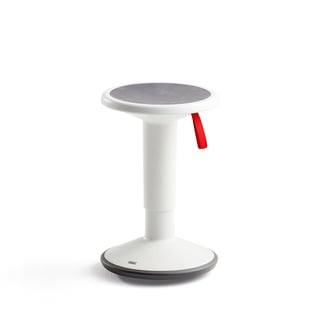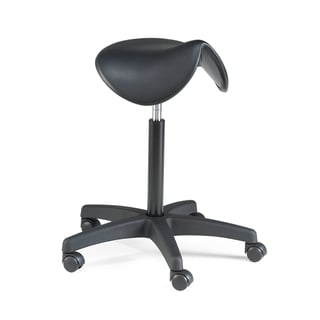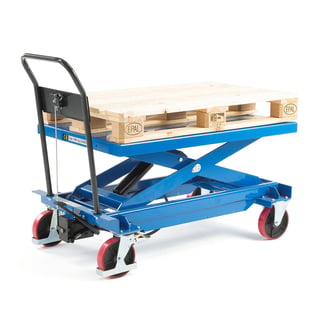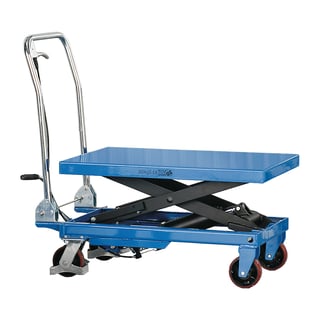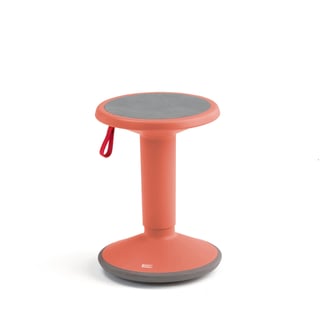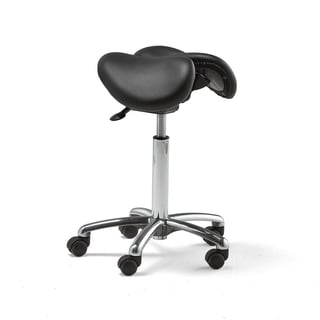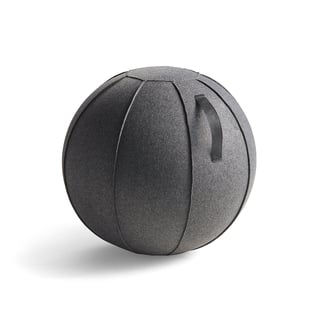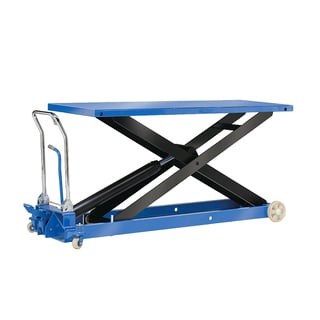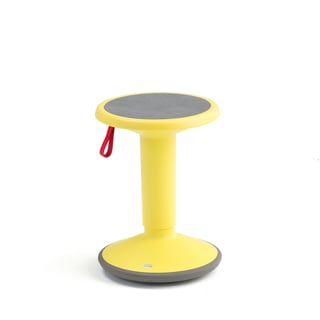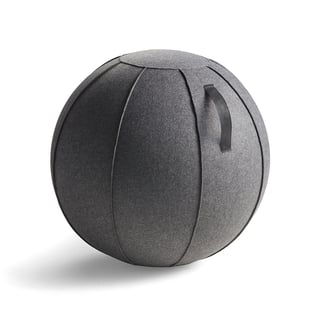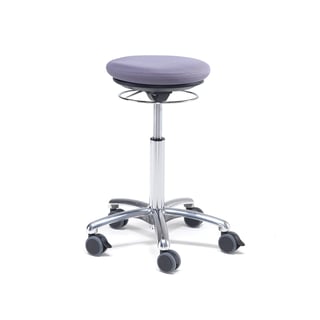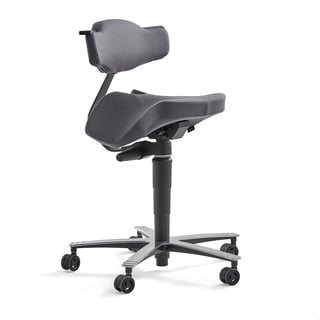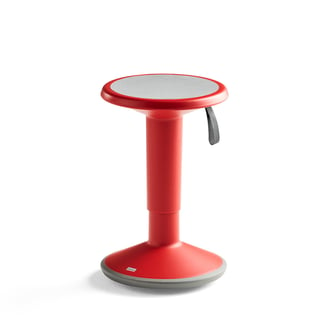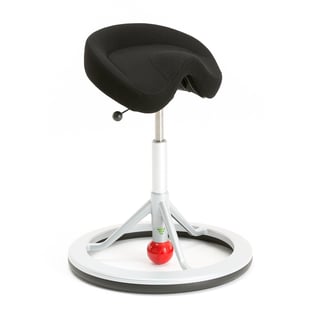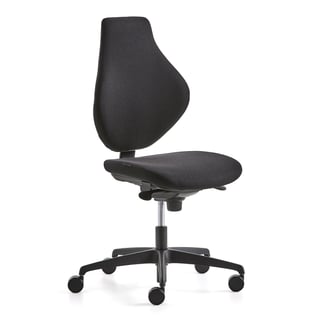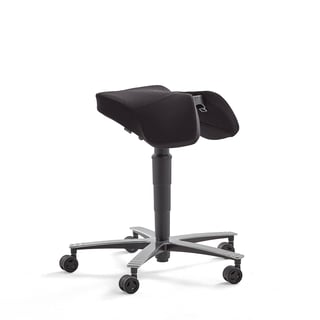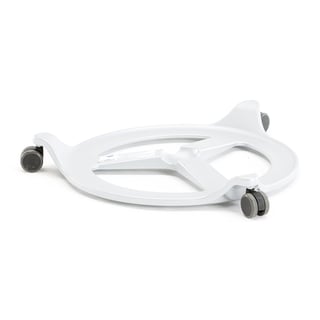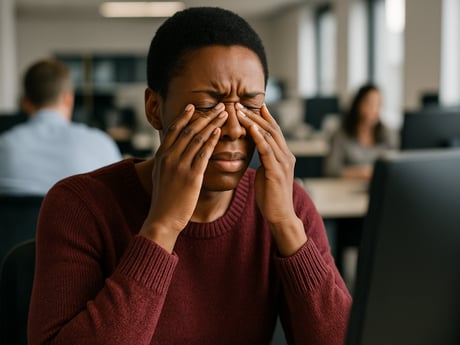- AJ Products IE
- Blog
- Ergonomics in the workplace
- Shoulder pain at work? 3 simple exercises to relieve discomfort

Shoulder pain - 3 simple exercises that can help
When you work in the same way for long periods, it’s common for muscles and joints to become strained – and the shoulders are no exception. Whether it’s from repetitive tasks at work or heavy jobs at home, shoulder pain can easily appear. The good news is there are simple ways to both ease and prevent it. Here, we’ll explain the symptoms, causes and treatments, plus share three easy exercises that can make a real difference.
Do you feel sore, stiff or have pain in your shoulder?
Shoulder pain often comes from sitting for too long or working in an awkward position. Both static postures and repetitive tasks can make the muscles tight, tired, and sensitive. It’s especially common if you spend a lot of time with your arms stretched out in front of you.
€469.00
Excl. VAT
€65.00
Excl. VAT
€2,399.00
Excl. VAT
€485.00
Excl. VAT
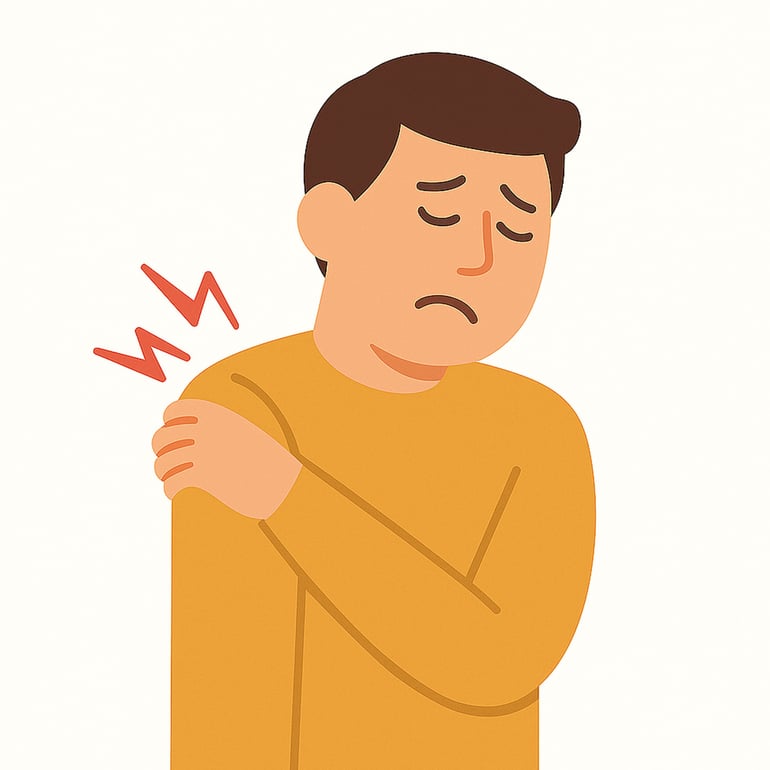
Other common causes of shoulder pain include:
- Stress and tension
- Falls or accidents
- Age-related wear and tear
- Bursitis
- Frozen shoulder
- Rheumatism
- Impingement
- Herniated discs
Three common conditions to know
Impingement, frozen shoulder or bursitis? Shoulder pain can show up in different ways, and it helps to recognise the symptoms so you can treat it properly.
Frozen shoulder
Frozen shoulder is a condition where the shoulder gradually becomes stiff and movement becomes limited. The cause isn’t fully understood, and recovery can take a long time - often two to three years. The best approach is to speak to a healthcare professional or physiotherapist.
Impingement (pinched shoulder)
If it hurts more when you lift your arm up and out to the side, it could be impingement, also called a pinched shoulder. This happens when swelling in the shoulder pinches one or more nerves. The pain often shows on the outside or front of the shoulder and may radiate slightly down the arm.
Bursitis
Bursae are small fluid-filled sacs around joints and tendons that help protect and smooth movement. Sometimes these can become inflamed due to injury or repetitive movements. When that happens, the shoulder can feel tender, swollen, and painful when moving - a problem more common in people with rheumatic conditions.

Ways to treat and prevent shoulder pain
As with most muscle aches, movement is one of the best ways to help your shoulders. Try to be more active, especially if you spend a lot of time sitting. Small changes, like taking the stairs instead of the lift, walking or cycling instead of driving, and taking short breaks at work, can make a real difference.
Invest in ergonomic solutions
Good posture helps strengthen your back and core, which makes it easier to keep your shoulders in the right position - not hunched forward. Using ergonomic tools at work, such as saddle chair, monitor arms or height-adjustable workbench.
Exercises that can help with shoulder pain
Try one or more of these simple range-of-motion exercises if you are starting to feel discomfort in your shoulders or want to prevent problems. The movements should be noticeable but never painful — if they hurt, stop and avoid that exercise.
- Shoulder blade squeeze
Pull your shoulders back, almost as if you’re trying to hold a tennis ball between your shoulder blades. Hold for a second, then relax. Repeat about 15 times. - Shoulder rolls
A classic exercise you can do sitting or standing with a straight back and good posture. Slowly roll your shoulders forward about 20 times. Relax, then roll them backwards the same number of times. - Superman stretch
Clasp your hands together and extend your arms above your head, like Superman flying. Hold for around 60 seconds, then slowly bring your arms back down.
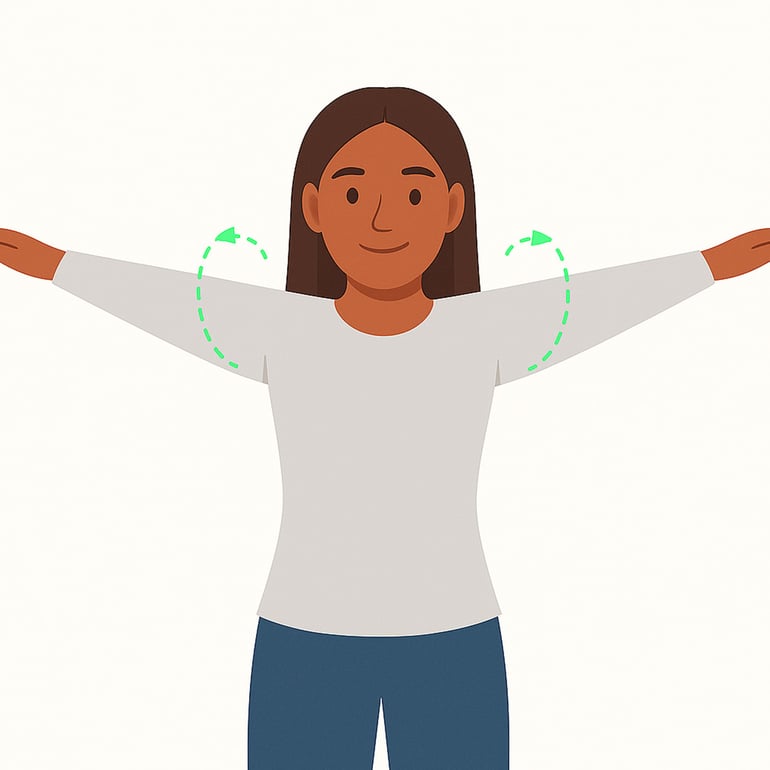
Contact a healthcare professional if shoulder pain comes on suddenly
Sudden shoulder pain can sometimes signal a more serious condition, especially if it’s combined with a fever or feeling unwell. In that case, seek medical advice right away.
Together we create Happiness at Work
We’re here to help you make everyday work healthier and more comfortable. Explore our wide range of ergonomic workplace solutions, or get in touch with us for personal advice.
Summary
Shoulder pain is a common issue, especially if you sit still for long periods or repeat the same movements at work. It can also be linked to stress or injury. Frozen shoulder often develops gradually and heals slowly, while impingement tends to cause sharper pain when lifting. The best ways to relieve and prevent shoulder pain are to keep moving during the day, take regular breaks, improve your ergonomics, and try simple exercises.
FAQ
- Signs of inflammation in the shoulder may include persistent pain when moving the arm, swelling or redness around the joint, stiffness, and decreased mobility.
- A shoulder that hurts doesn't have to be inflamed, for example, but can be overexerted. The symptoms are similar, but an overexerted shoulder usually doesn't hurt quite as much as an inflamed one. However, there may be a dull ache, some stiffness, and a feeling of fatigue.
- With shoulder bursitis, you often experience sharp pain in your shoulder when moving, especially when using your arms above shoulder height. It can also become numb, tender to pressure, feel warm at the muscle attachment, and become stiff and limit movement.
- A rotator cuff injury is damage to the muscles and tendons around the shoulder joint, known as the rotator cuff. These are what give your shoulder its range of motion and stability. An injury can range from a mild strain to a more serious tear. Common signs include pain when lifting your arm, weakness in the shoulder, or disturbed sleep if you lie on the affected side. Rotator cuff injuries may develop gradually through repetitive movements or happen suddenly after a fall or accident. If you suspect an injury, it’s best to consult a healthcare professional for the right treatment.
- A rupture means that a muscle, tendon, or ligament has torn, either partly or completely. In the shoulder, this can happen if the tissue is put under too much strain, such as during heavy lifting or after a sudden injury. A rupture often causes sharp pain, weakness, and reduced movement. Depending on the severity, recovery may involve rest, physiotherapy, or in some cases surgery.
